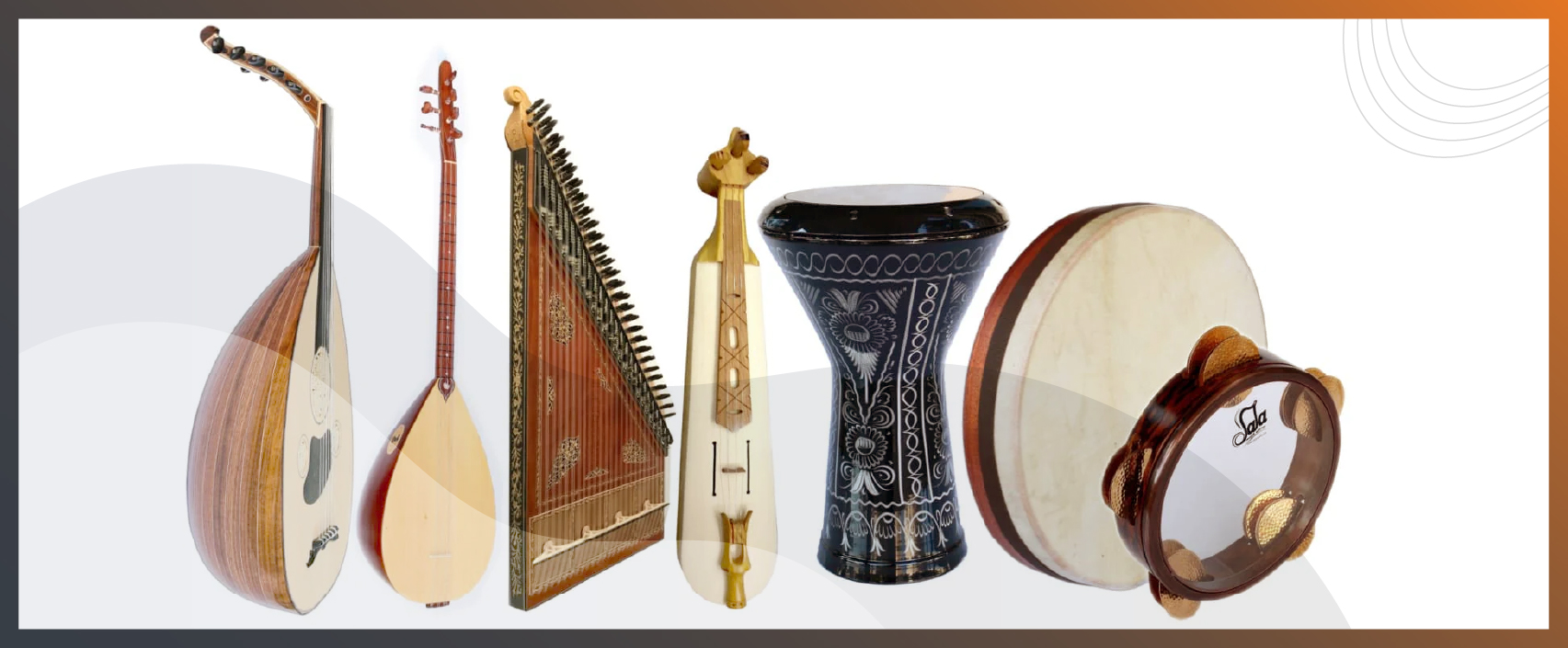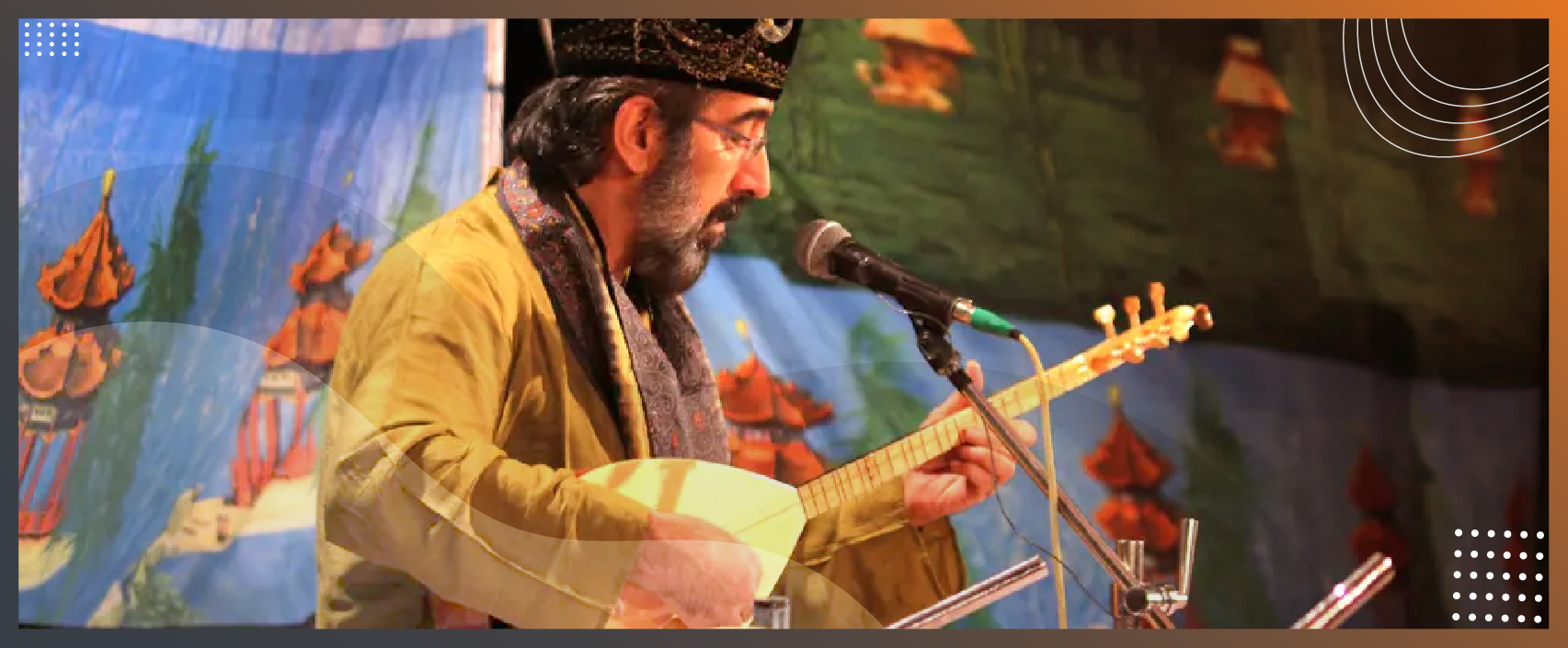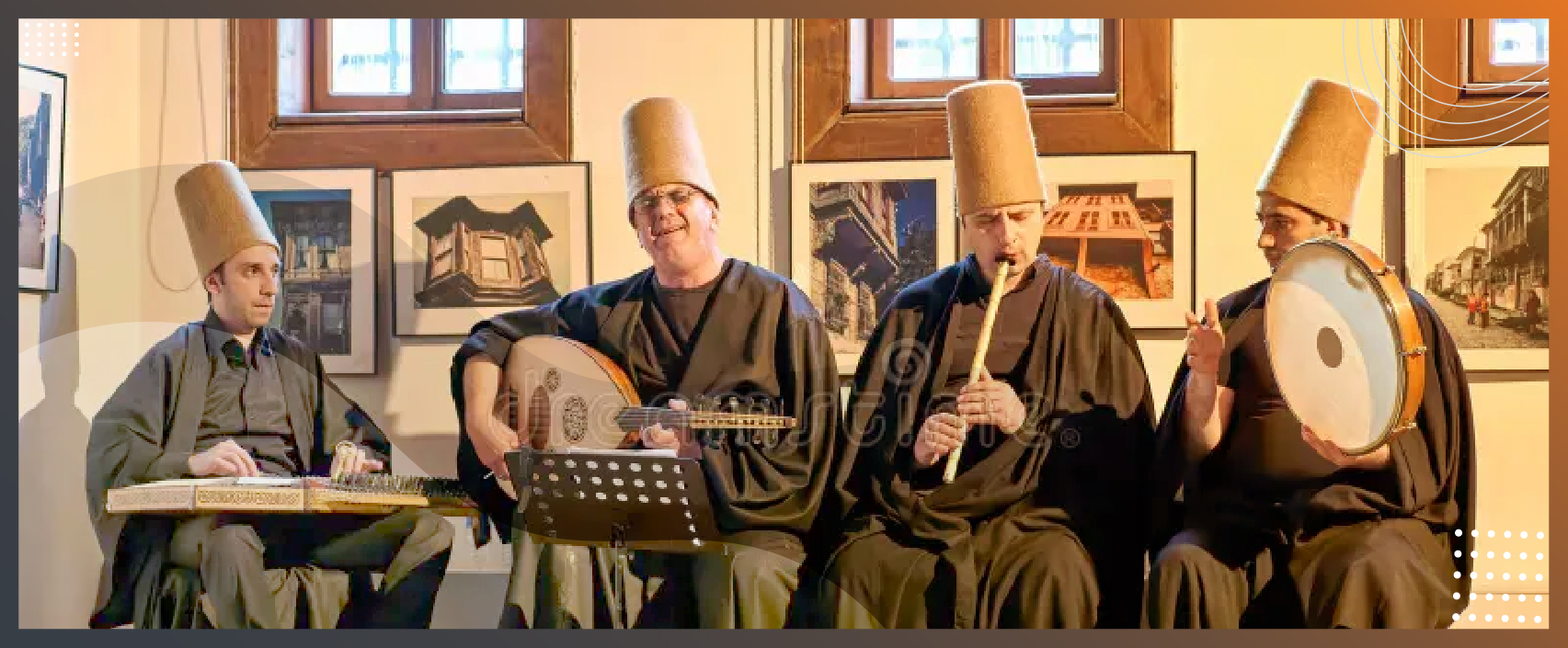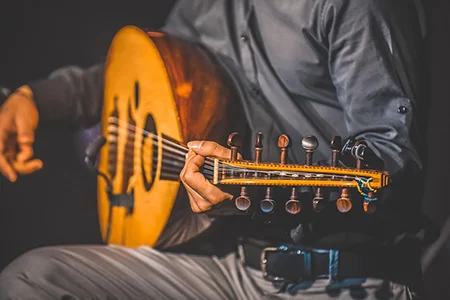Turkish Music: from Traditional to contemporary
Turkish music is rich and varied, including classical, folk, religious, and Western Types such as pop, rock, and jazz. The musical instruments have also varied, including the oud, violin, drum, tambourine, flute, and many others. The government of Turkey has supported music by building institutes that teach it and incorporating it into the school curriculum. In this article, we will light for you the most important types of music and their history in Turkey.
The History of Beautiful Turkish Music:
Music in Turkey, as it came from Anatolia, Asia, and Arab countries in the 13th century, grew up during the Ottoman Empire and integrated with popular traditions in Turkey. Ottoman musical research and sciences started in the 14th and 15th centuries, and educational institutes were established to teach classical Turkish music. The classical music that has been studying in schools included various musical instruments such as the oud, tambourine, flute, Zithern and violin. Religious music started with the begin of Sufi orders into Turkey, accompanied by special Sufi singing and dancing. Classical Turkish music spread more in the 20th century and accompanied dances and parties, with different styles differ from one region to another in Turkey. Folk musical singings developed in the 20th century, with Turkish radio and television contributing to collecting and refining the old musical heritage. In the 20th century, with World War I and the influence of Western ideas on Turkish music, new Types such as orchestras, choirs, rock, jazz, pop, opera, and ballet entered. Melodies in Turkey mixed with Western influences, influenced by Greek, Albanian, Azerbaijani, Armenian, and Kurdish music. Today, folk music is considered one of the most important Types of music in Turkey, along with classical, religious, and modern music.
The Types of Turkish Music:

Turks have a great love for music, dance, and concerts, which has led them to a high level of artistic creativity. Non-Arab foreigners find music in Turkey to have Hard melodies and lyrics that are difficult to understand, while Arab foreigners find their melodies similar to some Arabic singings. Musical instruments in Turkey diverse and include string instruments such as the oud, Violin, zither, tambourine, and others. In addition to wind instruments such as the Flute, tulum, and çalgırtma, and percussion instruments such as drums, tambourines, davul, darbuka, and others that play beautiful Turkish music. Types of music in Turkey can be divided into the following:
- Classical music.
- Pop, rock, and jazz (modern music).
- Folk music.
- Dance and Sufi music.
Classical Turkish Music:
Classical music is one of the oldest types of music in Turkey. It emerged a long time ago and was established by many scholars and composers. Forms and types of classical music have varied over the years and have developed to their unique current form. The types of classical Turkish music can be divided into two main categories:
- Religious music that depends solely on human vocals.
- Secular music that depends on musical instruments in addition to human vocals.
The musical instruments used in classical music are the tambourine as the main instrument, as well as the flute, zither, rebab, violin, and the oud. The pioneers who laid the basis for Turkish music were al-Farabi, al-Kindi, Saif al-Din al-Mu'min, and Abd al-Qadir Maraghi. Also there is some developers of classical music include “Salah-addin Bynar”, “Sad-addin Kaynak”, and “Sabah yazigi”. The person who transported classical music to high levels in Turkey was the player “Buhuri-zade Mustafa Itri Efendi”. During the Ottoman Empire era, schools that learning music were part of the ruling palace. The first official school that taught classical Turkish music was "Dar-allelhan”, which later became a music institute as a part of Istanbul University after the beginning of the Republican system in Turkey. Many institutes specialized in classical music within Istanbul University were established, including the Sufi Music Band in Konya and the Historical Music Band.
Turkish Folk Music:

Folk music in Turkey is featured by being oral, spreading from one generation to another, and singing by people over time. Folk music in the Ottoman era was played in military parties, especially during the time of Sultan “Mahmud I” and Sultan “Salim III”, and its popularity increased in the 18th century and the beginning of the 19th century. In 1937, when the Turkish State Radio first started broadcasting, Turkish folk music grew up. Radio programs gained great popularity thanks to artists like “Osman Bölükbaşı Tamburacı”, “Mevlevi Şerif Sazan”, and “Tharwat Joshqun Sis”. With the spread of television and radio broadcasts and the diversity of channels in recent years, folk music in Turkey has become one of the most listened-to music types. The Turkish Radio and Television Corporation developed Turkish folk music by presenting programs that helped to collect old musical heritage and publish it among people. The Ankara State Conservatory, starting from 1936 until 1952, collected over 10,000 folk melodies and refined them. Among the artists who contributed to the development of beautiful Turkish folk music are “Musa Araglu”, “Neriman Alton Dağ”, “Mohammed Ozbek”, and “Nada Tawfiqji”. The different musical instruments used in folk music, we mention the oud and a special form of drum called the davul, a wind instrument similar to a clarinet called the tulum, in addition to the tambourine, rebab, and Violin.
Sufi Turkish Music:

The spread of Sufi orders in Turkey developed of Sufi music, which is primarily featured as religious. One of the most musical Sufi orders was the Mevlevi Sufi order that founded by “Jalal ad-Din al-Rumi”. Sufi Turkish music appeared in the city of Konya with the spread of the famous Mevlevi special dance and the singings they sang, which included praise for the Prophet Muhammad, his companions, and prominent Sufi clerics. The musical instruments used in Sufi music are the oud and the drum. Mevlevi Sufi music parties are still held today, including showing by Mevlevi dervishes who perform special dance movements to the rhythm of Sufi music.
Rock, Jazz, and Pop Music Rock, jazz, and pop music began to spread in the 1960s and are considered modern types of music in Turkey. They differ from Western jazz music as they mixed with Turkish folk music to create a great type of music in Turkey. Due to the beauty of their melodies and rhythms, rock and jazz music had great popularity, and specialized musical bands started to sing and play this type of music. Musical bands received wide audience support, and sales of song discs reached over 100 million copies. Some of the most famous rock and jazz singers whose singings people rush to listen to include “Barış Manço”, “Erkin Koray”, “Sertab Erener”, “Cem Karaca”, as well as the group “Mazhar Fuat Özkan”. The Turkish singer “Sertab Erener” won first place in the 2003 rock and jazz song competition with her famous song "Every Way That I Can”. Some singers who sing Turkish pop music include “Sezen Aksu”, one of the most famous female singers in Turkey. Mustafa Sandal is also one of the most famous singers who sold over 20 million copies of his album.
Turkish music is considered one of the most beautiful forms of music in the world, due to its diversity in its different types and its integration with Asian, Arab, and European cultures, as well as the vary in musical instruments, including the Turkish oud, violin, drum, rebab, and others.






